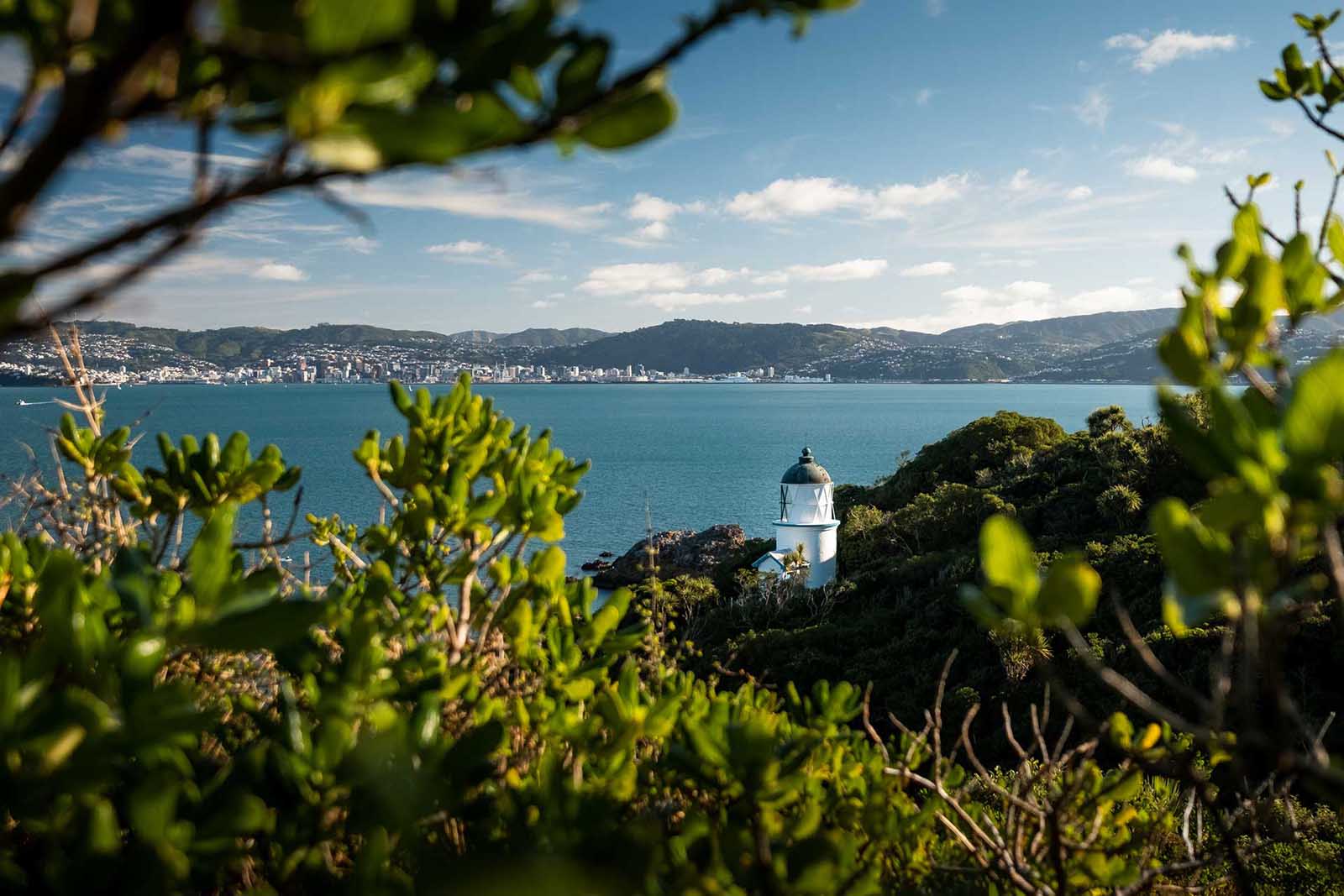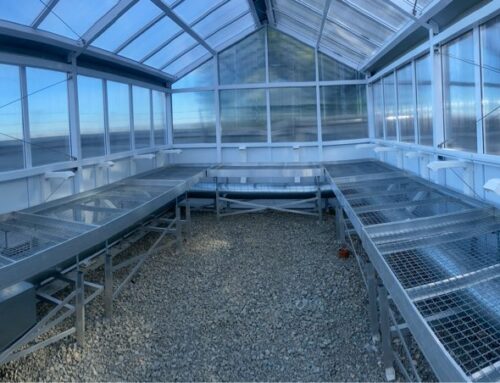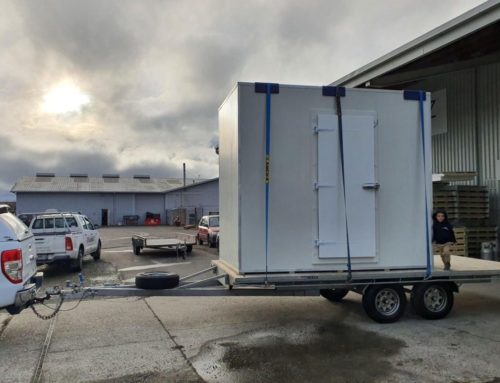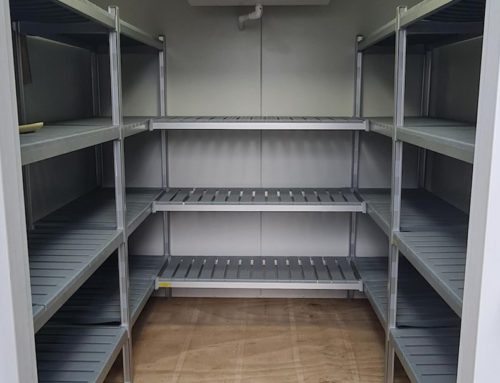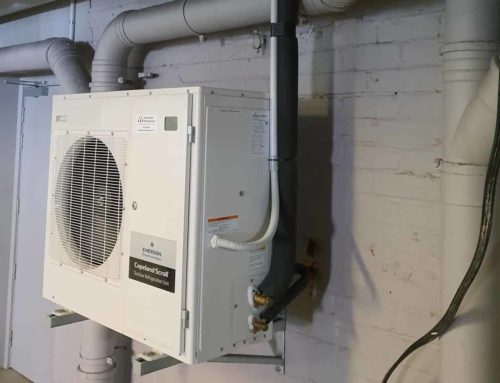Wellington Refrigeration Ltd, its team and clients all agree that the earth is something we love and should be cared for.
Great refrigerants unfortunately are not all great for the environment, particularly the ozone and global warming causing ones. “NZ’s favourite refrigerant” R404A, for example, a Synthetic Greenhouse Gas, is one of the best performing synthetic refrigerants around for use in the commercial and light industrial sector. It is however nearly 4,000 times more damaging to the environment than Carbon Dioxide (Co2), the worlds most prolific greenhouse gas. Recently the carbon tax and the Emissions Trading Scheme (ETS) levy regime have been busy increasing the costs on synthetic refrigerants in New Zealand, forcing a significant change in the refrigeration landscape from large supermarket and cold chain refrigeration consumers down to the local café’s, restaurants, butchers, bakers, and dairy’s.
Whether or not you agree with the tax or the levies is beside the point, and perhaps a discussion for another day. What we know is, they’re here to stay, and ultimately the idea behind it is for the protection of the atmosphere.
The Classic “Just Regas Us Please”
“Regassing” a chiller or freezer is becoming a dirty word, as a refrigeration system is a closed circuit. So this is where Wellington Refrigeration’s No Loss Policy comes into force. We never simply ‘regas’ a refrigeration system. We ensure that systems which have lost their gas are thoroughly leak tested. This can be a lengthy process however is a must! If we add gas to a leaking system, we all know what’s going to happen, so we won’t do it. This is a result of our ‘no loss’ principle. When dealing with a system that requires a repair or part replacement, we will only recover the refrigerant with recovery equipment and store the refrigerant in suitable cylinders. If we can, we’ll reuse the refrigerant, as it doesn’t ‘go off’, saving the client some serious costs.
Retrofit
Some systems, in particular R404A systems, will require a retrofit to a more friendly refrigerant. We currently use the interim refrigerant R448A/R449A as it is an ideal replacement for R404A in medium and low temperature applications. We have been retrofitting R404A systems with R448A/R449A for more than two years now and have learnt how to manage some of the curly scenarios that are presented with a retrofit. We believe R448A/R449A is the best environmentally friendly synthetic replacement on the market at present. The ‘interim’ aspect of the refrigerant is, that it is only a 68% reduction in carbon emissions to R404A. We’re already looking into natural and flammable options and will be aiming to use natural refrigerant options as soon as we can safely do so. Watch this space!
The Naturalist
The European Union’s new F-Gas Regulation, which entered into force in 2015, aims to reduce HFCs by 79% by 2030.
We are similar to Europe in regard to our emissions trading scheme and pressure to reduce our carbon emissions. European manufacturers of refrigerated cabinetry in particular are producing cabinets and monobloc units that run on refrigerants such as R290 (Propane), R1270 (Propylene – LPG). For years R290 has been known as a very good gas, the only downside is, it’s highly flammable. We’ve been dealing with propane as well as butane now for 5 years or more, we know how to mitigate the risks, and are comfortable and qualified to use it. We expect propane to be a very dominant refrigerant going forward for both medium and low temperature applications in the commercial sector. However, due to it’s flammability, we will likely see it, well regulated, and mostly in small quantities such as in refrigerated cabinets etc. SKOPE and ISA are some of the manufactures that are already producing these cabinets. There will be opportunities, for R290 to be used in larger applications when safety and the situation/space allows.
R744 or Co2 is still the clear leader in the large commercial and light industrial scene with most supermarkets going down that path, with larger industrial systems going to or remaining on R717 Ammonia (NH3). Both have risks and we expect to see the likes of Co2 being considered more regularly in our commercial and light industrial consumers.
Wellington Refrigeration Ltd decided in its inception in 2016 that leaking refrigerants was not an option. Leaking refrigerants cannot simply be topped up time and time again. You don’t ‘burn’ or ‘use up’ refrigerant like you do petrol in your car or LPG while cooking. Topping up is not an option. We need to do something about this, so we did. Our No Loss Policy is a stand against an industry rife with venting, letting go, and dumping refrigerants including regassing leaking systems, in order to make/save a buck in the short term. We aim to be diligent custodians of the earth in our short tenure and leave it in a better state than we found it in.
“To drive to extinction something He (God) has created is wrong. He has a purpose for everything… We have a responsibility to take the lead in caring for the earth.” – Billy Graham
